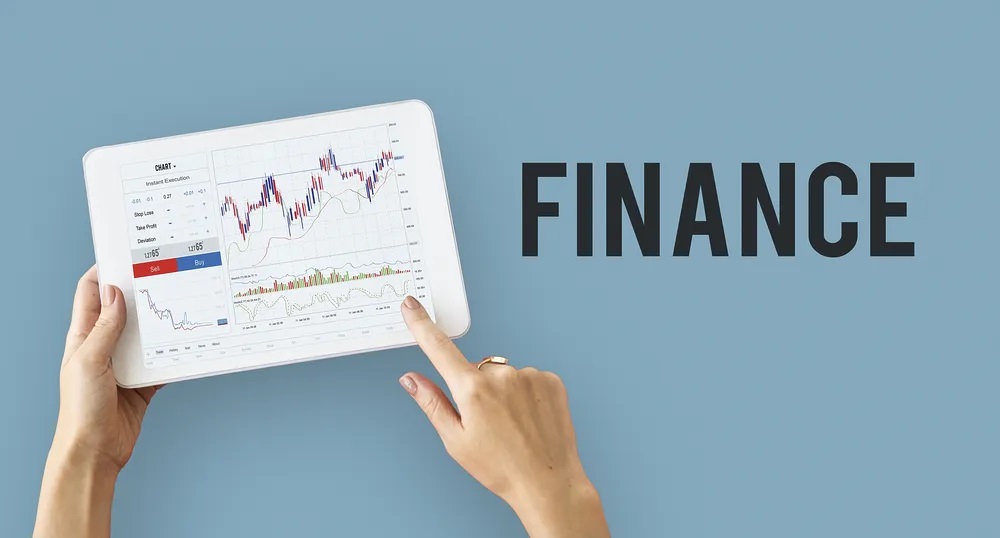Ebo Aneju
A lack of financial understanding plagues our society. Most people have very little understanding of finances, which means they struggle when making crucial financial decisions.
Making correct financial decisions is more critical than ever. The UK is currently in a cost of living crisis, and inflation has risen to around 9%. This means many people are seeing their disposable income fall quite rapidly.
Buying essentials such as energy and fuel is becoming increasingly difficult for many households as you will have noticed, fuel and energy prices with the energy inflation rate at an incredible 28%!
This means working on finances and ensuring you can sustain your lifestyle is something we currently need to focus on. Falling into debt is something that you should definitely avoid!
Read on to find out more about financial literacy and how it can help you manage your living costs.
What is Financial Literacy?
Financial literacy is the ability to use and understand various financial skills. For example, if your financial literacy is strong, you should be able to use skills such as budgeting and investing to make correct financial decisions.
This includes decisions such as mortgages and opening bank accounts. Mortgages are some of the most important financial decisions people will ever make. Mortgage payments will take a large chunk of your monthly income, and it’s a big commitment.
Financial literacy isn’t only about lifelong decisions such as mortgages. Improving your financial literacy will help more minor priorities such as your daily spending and subscriptions.
How Can Improving Your Financial Literacy Benefit You?
Ideally, everyone should have a good understanding of financial literacy. Borrowing money is a large part of modern life, with most people using loans regularly. Loans are not a bad thing and are, in fact, very helpful, but unmanaged borrowing can be very dangerous.
Strengthening your financial literacy can help you properly acknowledge the risks of borrowing money. This means you’ll be able to conduct a cost-benefit analysis to see if taking out a loan will benefit you in the long run.
This will prevent you from getting into some sticky situations where you overestimate your repayment abilities. Deferring on a loan will have many repercussions that will last most of your life.
Improved financial literacy can also help you manage day-to-day spending. One skill in the package of financial literacy is budgeting. Budgeting effectively will help you decrease unnecessary spending and increase savings.
A more significant savings account will help you apply for a mortgage. Furthermore, you’ll be able to react to any unexpected expenses that come your way. This will also help you increase your financial stability.
Increasing your financial literacy also means improving skills such as investing. Investing can help you increase the size of your savings and also your monthly income if done correctly. This will again help you fight against rising costs due to inflation.
Methods to improve your financial literacy
Start Budgeting
Budgeting is beneficial and pretty simple to start. A budget is a financial plan for a period of time and will help you track what you’re spending and increase your savings.
Budgets are pretty simple to outline nowadays. Many budget apps can help you track your spending and monitor your spending vs your saving. Make sure your budget is realistic, and you can actually stick to it.
Keep tabs on your Credit Score
Your credit score is fundamental when taking out any loans. A good credit score will give you access to the lowest interest rates, which will make the loan a lot cheaper.
Moreover, if your credit score is very poor, some lenders will be unwilling to lend you money, making finding loans much more complicated. A healthy credit score will make it easier and cheaper to take out loans. This will help boost your financial literacy in the long run.
Give Yourself a Savings Goal
Many people struggle to save because they don’t stick to their saving goals. One trick is to set out some money as soon as you get paid. By effectively paying into your savings account first, it makes sure you focus on boosting your savings account.
Most people wait until the end of the month and put any spare change in their savings account. Although this can work if you’re consistent, it’s very tempting to blow the extra cash on some new shoes or other luxuries. If you set out money for savings first, you won’t have to deal with this temptation.


